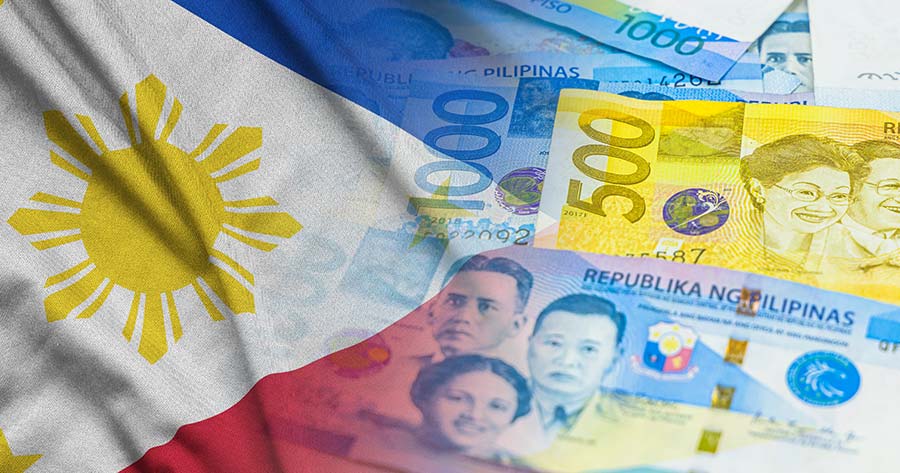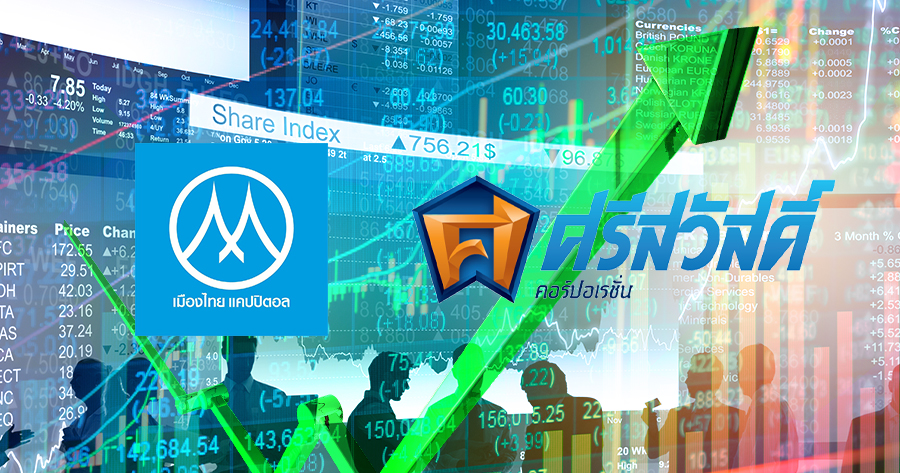The Philippines’ annual inflation increased more than expected in January to hit a 14-year high due to the surge in food prices, giving the central bank a chance to raise the interest rate to control the prices.
The consumer price index (CPI) ramped up 8.7% in January, as reported by the statistical agency, exceeding the prediction of a Reuters poll at 7.7%. The core inflation, which cut off volatile food and fuel items, rose 7.4%, more than two decade high, and from December at 6.9%.
The main factor behind January’s high inflation was food inflation, which rose by 11.2%, the fastest pace since 2009, compared with last month’s 10.6% and 1.6% of the same month last year.
The Philippines central bank forecast that the CPI in January would range from 7.5% to 8.3% and said that it will focus on inflation rather than the recent rise of 25 basis points by the Federal Reserve when it reviews policy rates on February 16.
Felipe Medalla, governor of the Bangko Sentral ng Pilipinas, gave a signal of a rate hike at the first two policy meetings of the year to bring the interest rates back to 2%–4%.
The jumps in interest rates and the need to maintain the difference in interest rates between the U.S. and the Philippines pushed the central bank to start tightening with a benchmark rate total increase of 350 basis points last year.





